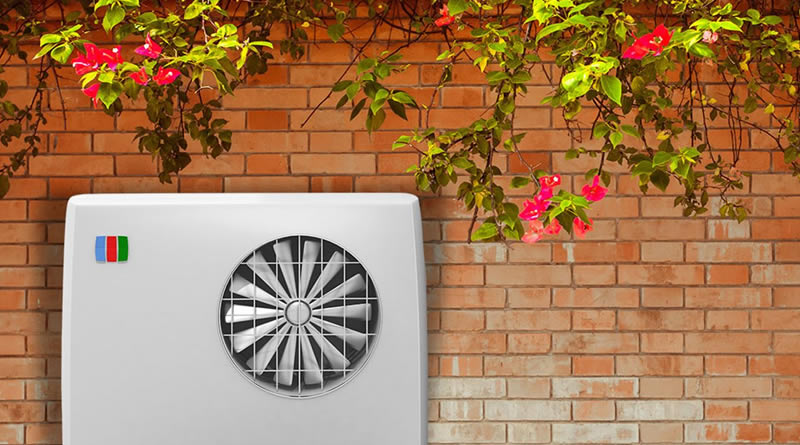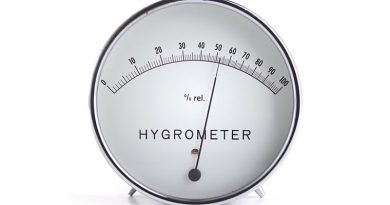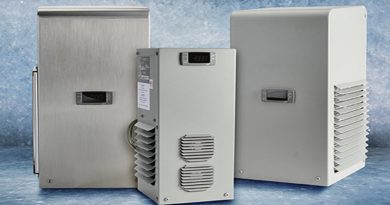How Do Heat Pumps Work and What Are Their Advantages?
Heat pumps are innovative and efficient heating and cooling systems that have gained popularity in recent years. They offer a sustainable alternative to traditional heating and cooling methods, providing both comfort and energy savings. In this article, we will explore how heat pumps work and the advantages they offer over conventional HVAC systems.
Understanding Heat Pump Operation
At their core, heat pumps work by transferring heat from one place to another. They utilize a refrigerant, a substance that easily changes between gas and liquid states, to facilitate this heat transfer process. During the heating mode, the heat pump extracts heat from the outside air, ground, or water source and transfers it indoors to warm the space. In the cooling mode, the process is reversed, with the heat pump removing heat from indoors and releasing it outside.
Heat pumps consist of three main components: the outdoor unit, indoor unit, and a network of refrigerant lines connecting the two. The outdoor unit contains a compressor that pressurizes the refrigerant, while the indoor unit contains an evaporator and a fan to distribute the conditioned air. By circulating the refrigerant between the two units, heat pumps can efficiently provide both heating and cooling capabilities.
Advantages of Heat Pumps
- Energy Efficiency: One of the key advantages of heat pumps is their high energy efficiency. Unlike traditional heating methods that generate heat by burning fuel, heat pumps only require electricity to power the system and transfer heat. This makes them an environmentally friendly option and can result in significant energy savings.
- Versatility: Heat pumps offer both heating and cooling functions in a single system, eliminating the need for separate heating and cooling units. They can be used in various climates and can efficiently operate even in colder regions, extracting heat from the outdoor air or ground.
- Cost Savings: Due to their energy efficiency, heat pumps can help lower heating and cooling costs. While the upfront investment may be higher compared to conventional systems, the long-term savings on energy bills can offset the initial expense.
- Environmental Friendliness: Heat pumps contribute to reducing carbon emissions and environmental impact. By utilizing renewable energy sources, such as the heat naturally present in the air or ground, they significantly reduce greenhouse gas emissions associated with traditional heating methods.
- Improved Indoor Air Quality: Heat pumps incorporate air filtration systems, which help remove dust, allergens, and other airborne particles, improving indoor air quality. This is particularly beneficial for individuals with allergies or respiratory conditions.
- Quiet Operation: Heat pumps operate quietly, making them suitable for residential and commercial spaces where noise levels should be kept to a minimum. The absence of combustion processes also eliminates the noise associated with traditional heating systems.
In conclusion, heat pumps offer an efficient and versatile solution for heating and cooling needs. Their ability to transfer heat rather than generate it makes them energy-efficient and environmentally friendly. With their numerous advantages, including energy savings, versatility, and improved indoor air quality, heat pumps have become a popular choice for homeowners and businesses alike.




